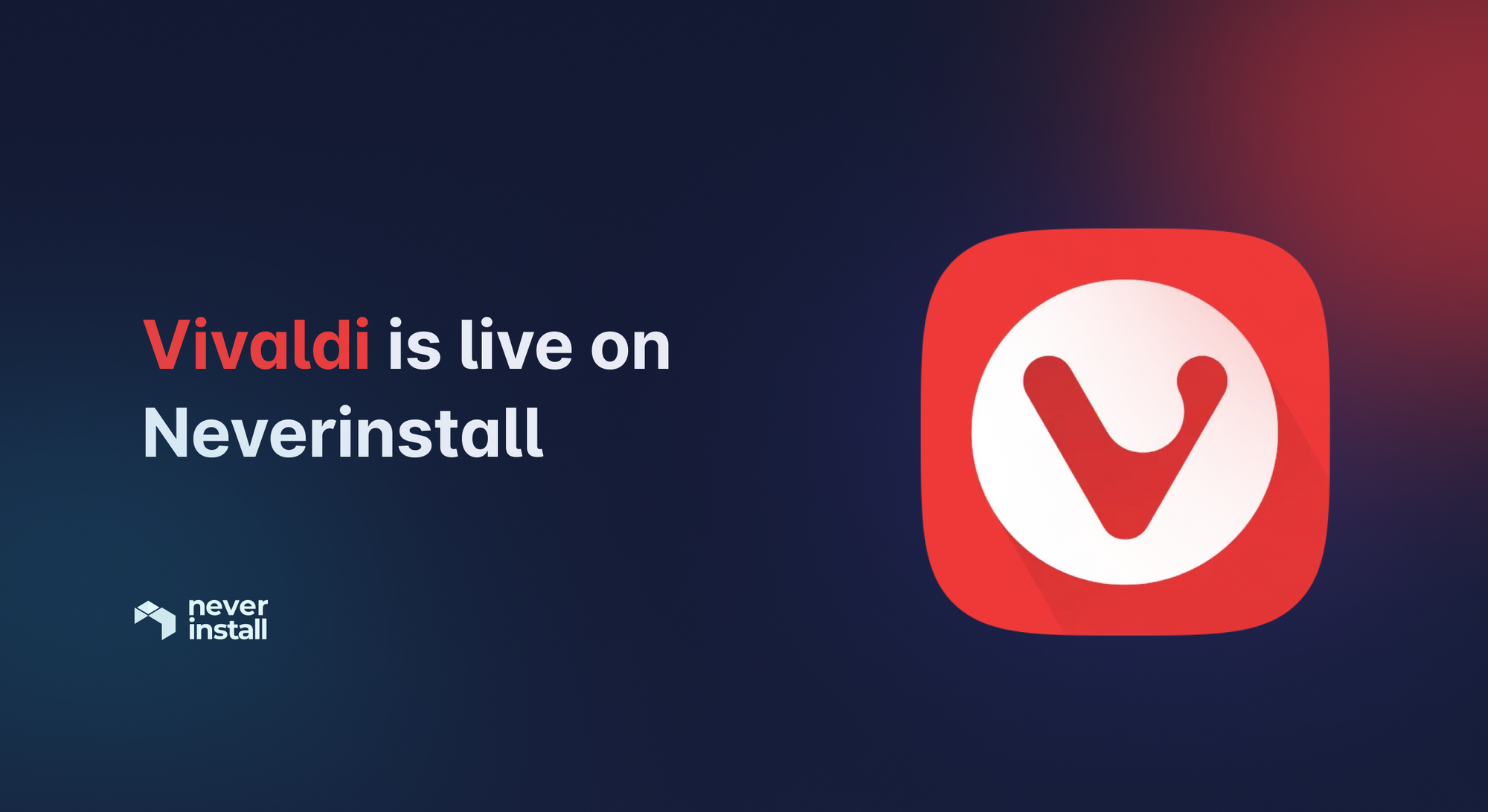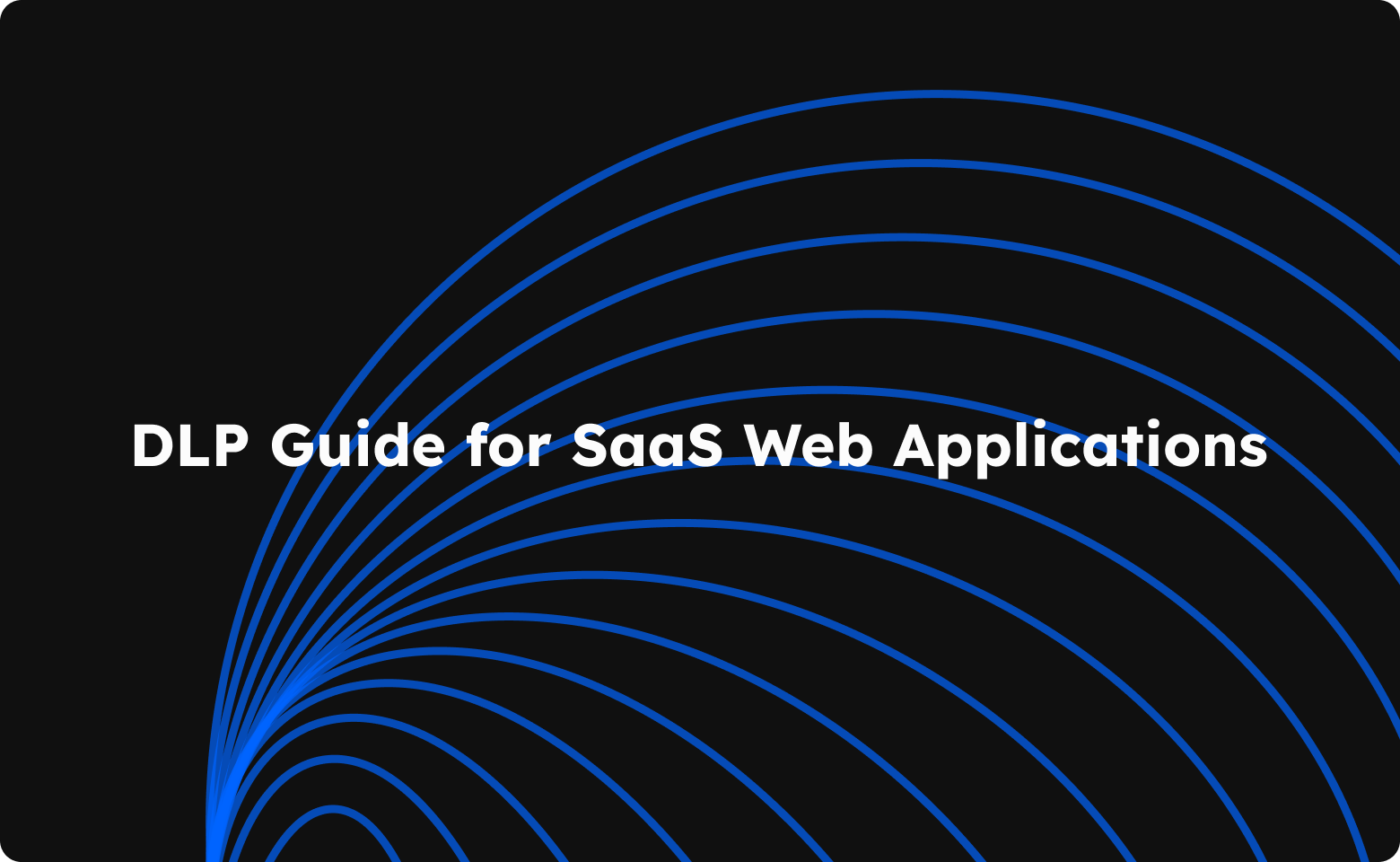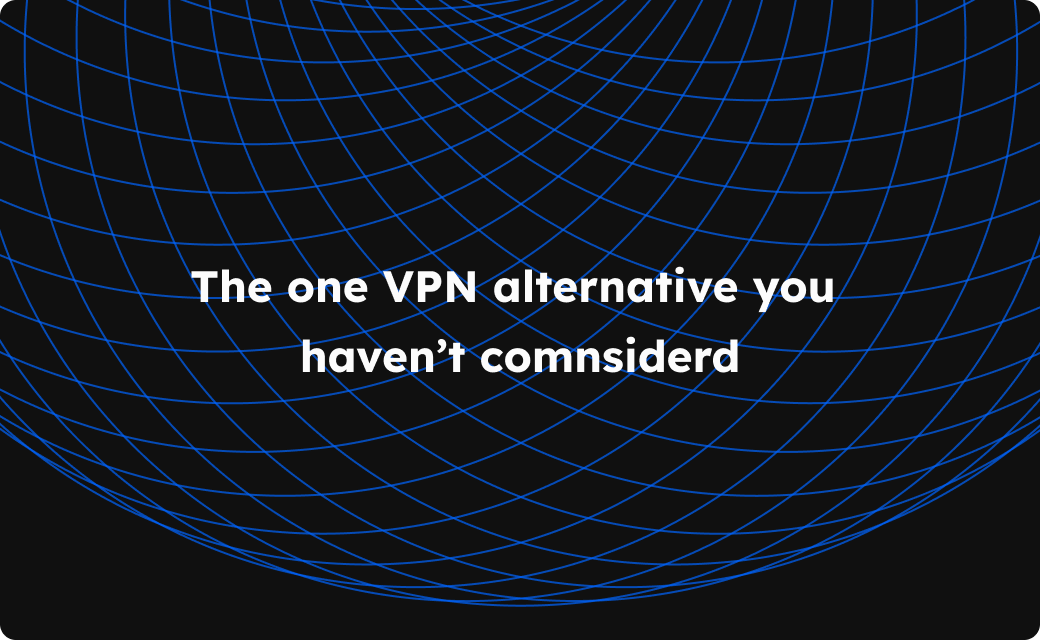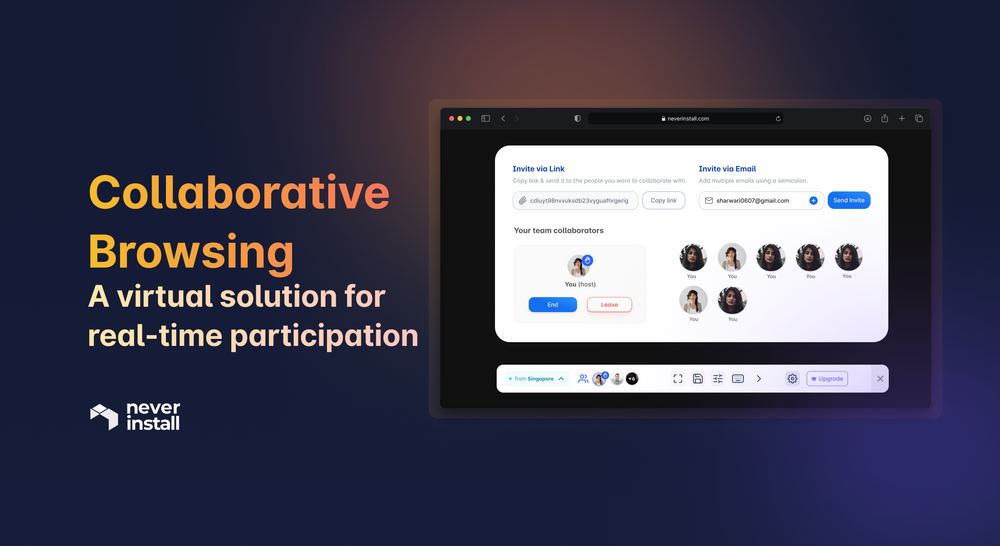What is Vivaldi?
Vivaldi is a customization-friendly internet browser developed by the team that created Opera. It was launched in 2016 when the team discovered discontentment amongst users of Opera due to changes introduced after its shift to Chromium. The developers originally built the browser to target former users of the Opera browser and offer familiar functionality and customizations of the old Opera. However, eventually, the project evolved into a viable Chromium-based internet browser that offered heavy personalization and an array of out-of-the-box features to enhance user productivity.
Why Vivaldi over other internet browsers?
Vivaldi has a niche audience and is a fairly new player in the market compared to Chrome and Firefox. However, we wanted to bring the browser to our platform to serve even the smallest of our user groups. The browser was requested by several users and so we decided to understand why, above other more popular options, users would prefer to use Vivaldi, and here is what we discovered.
Customizations and Gestures
The most evident reason was the virtually unlimited customization options that Vivaldi offers. The browsers allow users to change everything from color schemes across elements within the application to preparing a completely personalized Start Page. The themes section of the browser allows users to select from a large list of default options and edit them to the T.

Further, the browser offers a gestures feature that allows users to create custom mouse or trackpad-based gestures to perform a variety of functions. Vivaldi already has a set of pre-defined gestures offered by default which can be edited to perform a particular task as per the users’ requirements.

And let's not forget the Philips Hue Integration that allows users to replicate their browser's colors and gradients on LEDs for an added effect.
Stacking and Web Panel
Vivaldi offers a unique feature called Tab Stacks that allows users to consolidate a group of tabs and stack them over each other. The Tab Stacks can be used as instant bookmarks, and when clicked, show thumbnails of the grouped tabs to enable a quick view.

Next, the browser offers the Web Panel feature, a mini-browser within the browser to browse in a split-screen-esque manner. The feature is especially useful for users to get instant access to their most frequented or favorite websites while browsing the internet.
The web panel opens mobile versions of the websites in the sidebar, enabling user-friendly navigation and scrolling.

Hibernated and Lazy Tabs
Vivaldi allows users to hibernate tabs, i.e., to put open tabs to sleep while they are not in use without closing them completely. The browser retains relevant information from the tab while reducing its compute and memory consumption.
Additionally, when users re-open a previous session or load a saved session on Vivaldi, tabs other than the current one are automatically opened in hibernation mode. The Lazy Loading feature allows tabs to remain dormant until the user interacts with them. Therefore, a tab only loads (and, therefore, consumes system resources) when a user clicks on it.
Quick Commands
To all the fans of Apple’s Spotlight feature, getting access to everything the system has to offer from a single node without navigating; Vivaldi has got you covered.

The browser has incorporated the Quick Commands feature to access everything offered by the browser from a single search console. Users can simply press F2 (or command+E for Mac users) and a search console will appear within the browser.
Vivaldi as a cloud browser - Neverinstall it
Supercharging internet browsers has always been a primary goal of our team at Neverinstall. Therefore, we introduced Vivaldi on our platform to allow users to upgrade their browsing experience with unparalleled performance, speeds of up to 1 Gbps, and the ability to open virtually unlimited tabs.
Suggested read - Cloud Browsers: Understanding the future of web browsing
Performance
A common grievance with Vivaldi has been sluggish performance and its overconsumption of system memory that brings computers to a halt. Much of this can be attributed to the Chromium platform and is a common program across other Chromium-based browsers as well. So, we offloaded the heavy lifting to our remote servers, from where the browser is streamed to the native browser of the user.
The users need only open a single tab on their native machine with - Neverinstall | Your browser is the new operating system - and everything else can be done within the platform.
Tabs and extensions. Never too many.
No matter if you’re opening a single tab that takes up too many resources or 1000 tabs, Neverinstall doesn’t break a sweat. Where native machines would fail miserably when users open more than a few tabs on most systems, Neverinstall allows users to open virtually any number of tabs on the platform without diminishing the performance of Vivaldi.
Similarly, users are free to install as many extensions on their browser as they want, and all the juice required to run it is offered by our platform.
How we did it
Neverinstall is a next-generation cloud computing platform that allows users to run pre-installed and pre-configured GUI applications over their browser. As the name suggests, users do not need to download or install any applications, instead, they can simply stream these applications like a movie without worrying about system requirements.
Suggested read - The Curious Case of Chrome's Memory Consumption - Neverinstall it
Try streaming a browser today. Neverinstall an app again.







